Plants or Crops
All Plants or Crops Content
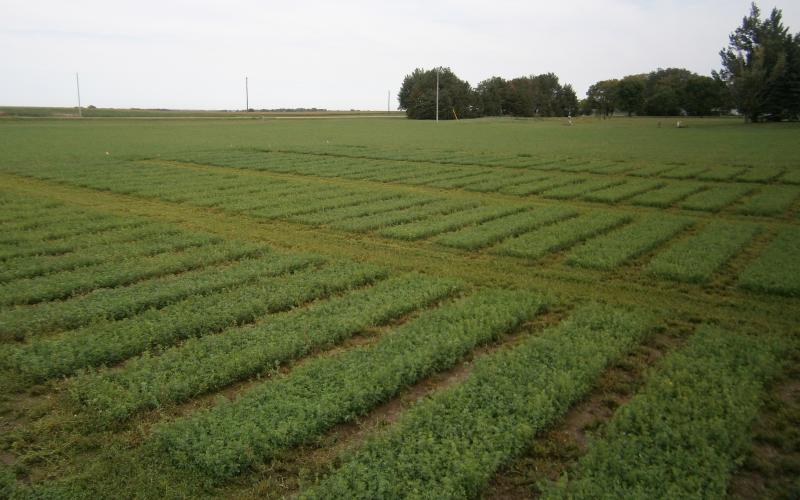
Forage Variety Trial Results
The 2025 Forage Variety Trial Results include data from different locations in South Dakota.
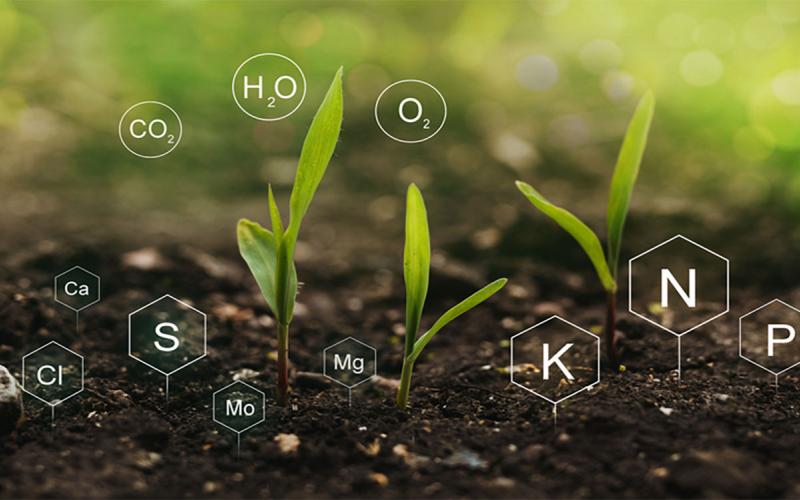
Managing Phosphorus and Other Nutrients in Gardens
Fact sheet on managing phosphorus and other nutrients in gardens.
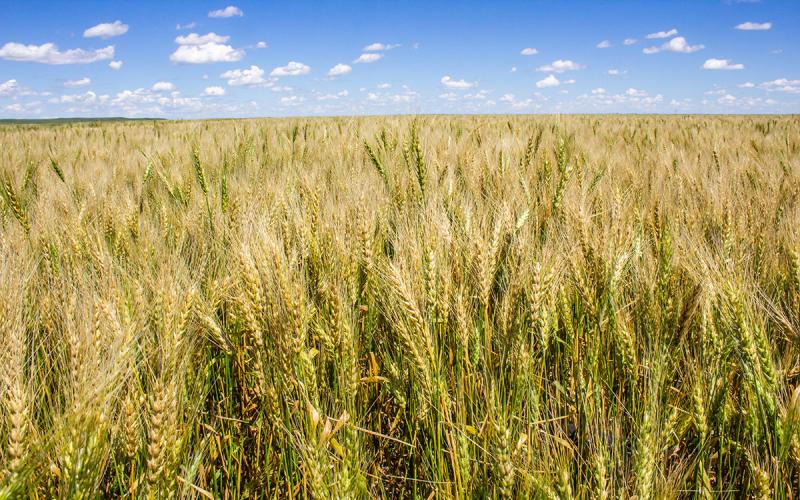
Winter Wheat and Nitrogen: Decisions for 2026 Growing Season
With fertilizer representing one of the largest variable costs in wheat production, inefficient nitrogen use can quickly erode profit margins. This being said, an emphasis should be placed on how to improve nutrient management during the 2026 growing season.
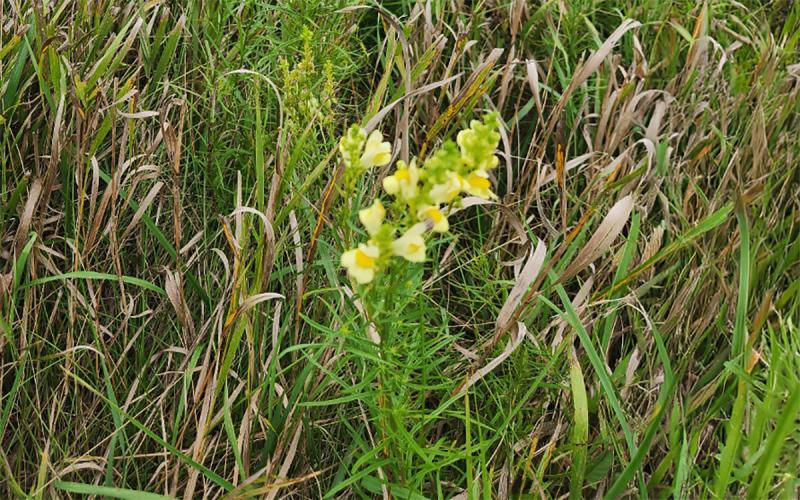
Yellow Toadflax Has Begun Producing Seeds: Scout before treating infested areas
Yellow toadflax is a perennial weed that infests pasture and rangeland across South Dakota. This year, with an abundance of heat and moisture, plants flowered in early August and now have started to produce seeds.
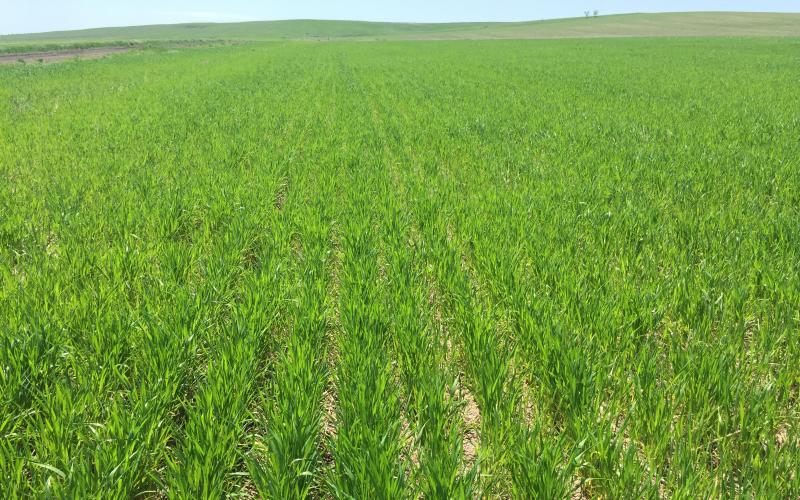
Winter Wheat Variety Trial Results
The Winter Wheat Variety Trial Results are crop performance testing data from various locations across South Dakota.
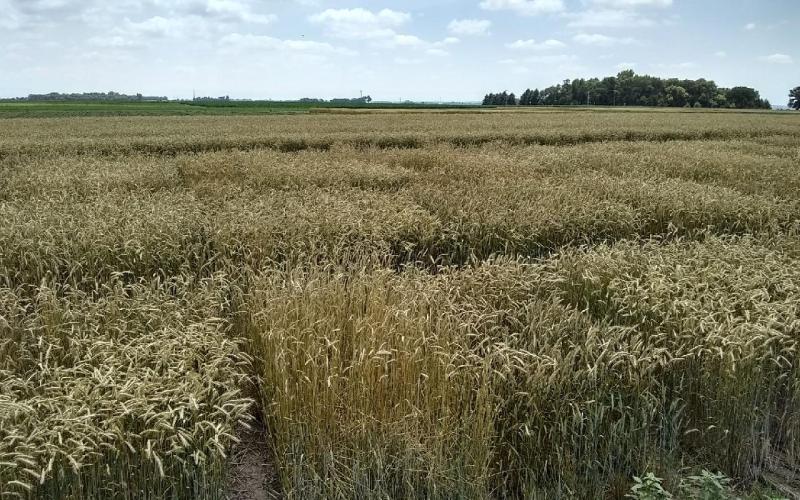
Rye Variety Trial Results
2025 Rye Variety Trial Results in South Dakota.
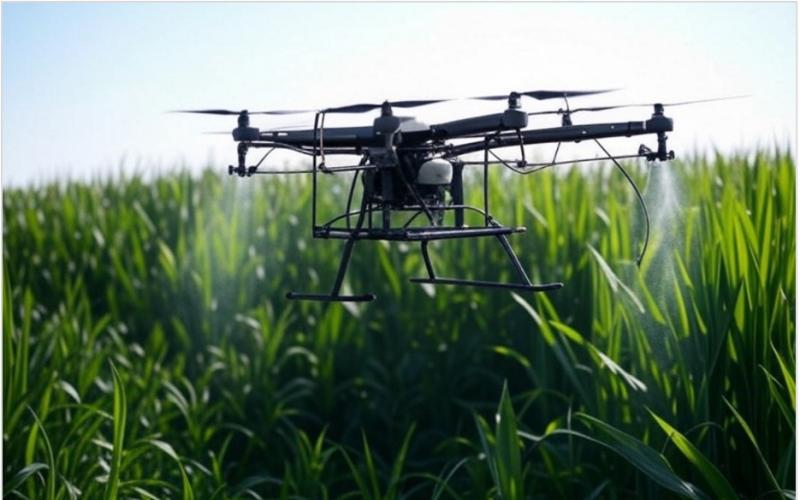
Required Licensing For Applying Pesticide Using Spray Drones
Fact sheet for South Dakota stakeholders wanting to get certified to apply pesticides with a spray drone.
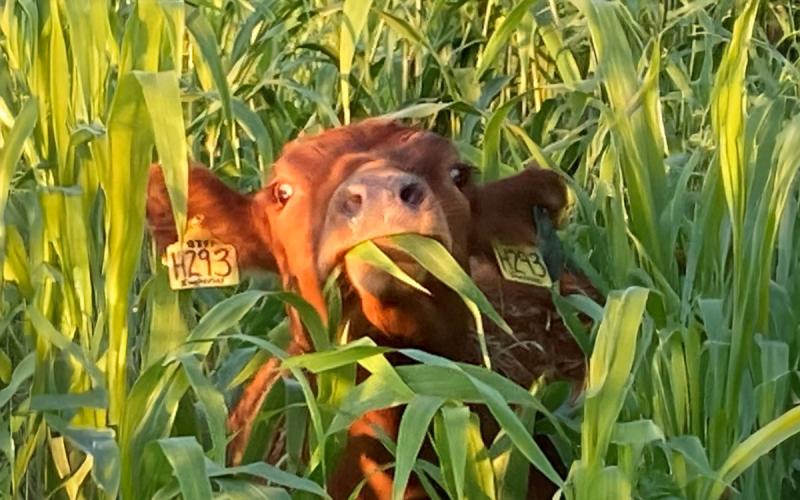
SDSU Extension welcomes new crop and livestock field specialist
September 12, 2025
South Dakota State University Extension is pleased to welcome Parker Witt as a new Crop and Livestock Field Specialist.
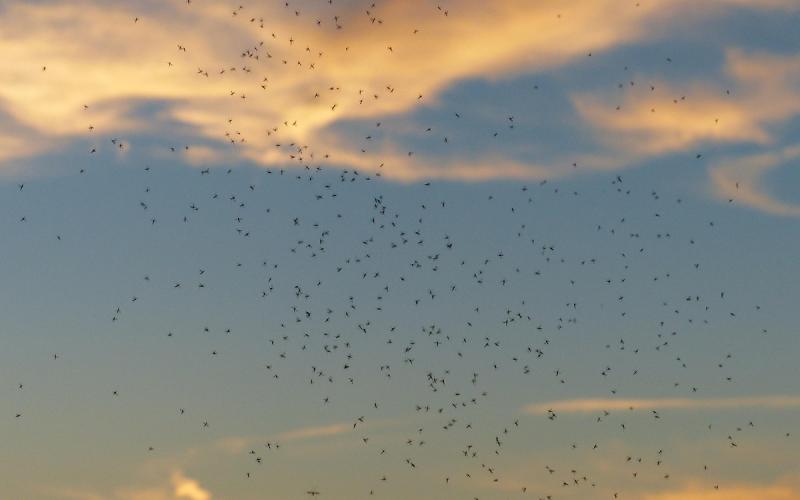
West Nile Virus Update: September 10, 2025
As of September 10, 2025, the South Dakota Department of Health (SD DOH) reported 59 human cases of West Nile virus from Beadle, Bon Homme, Brookings, Brown, Charles Mix, Codington, Corson, Grant, Gregory, Hamlin, Hand, Hughes, Hutchison, Hyde, Lawrence, Lincoln, Marshall, Meade, Miner, Minnehaha, Pennington, Sanborn, Spink, and Walworth counties.
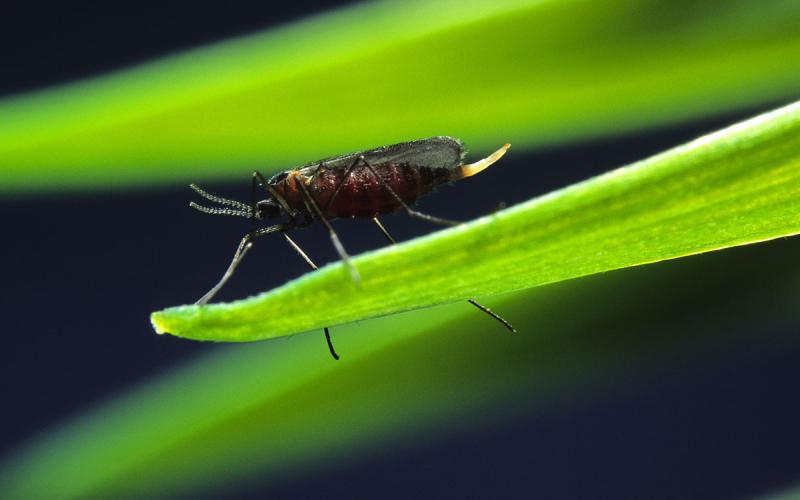
Hessian Fly: Winter Wheat Planting Date Considerations
As winter wheat planting rapidly approaches, there are many factors that should be considered. One of those factors is choosing a planting date to avoid Hessian fly issues. Learn some expert tips for selecting a safe planting date for your region.